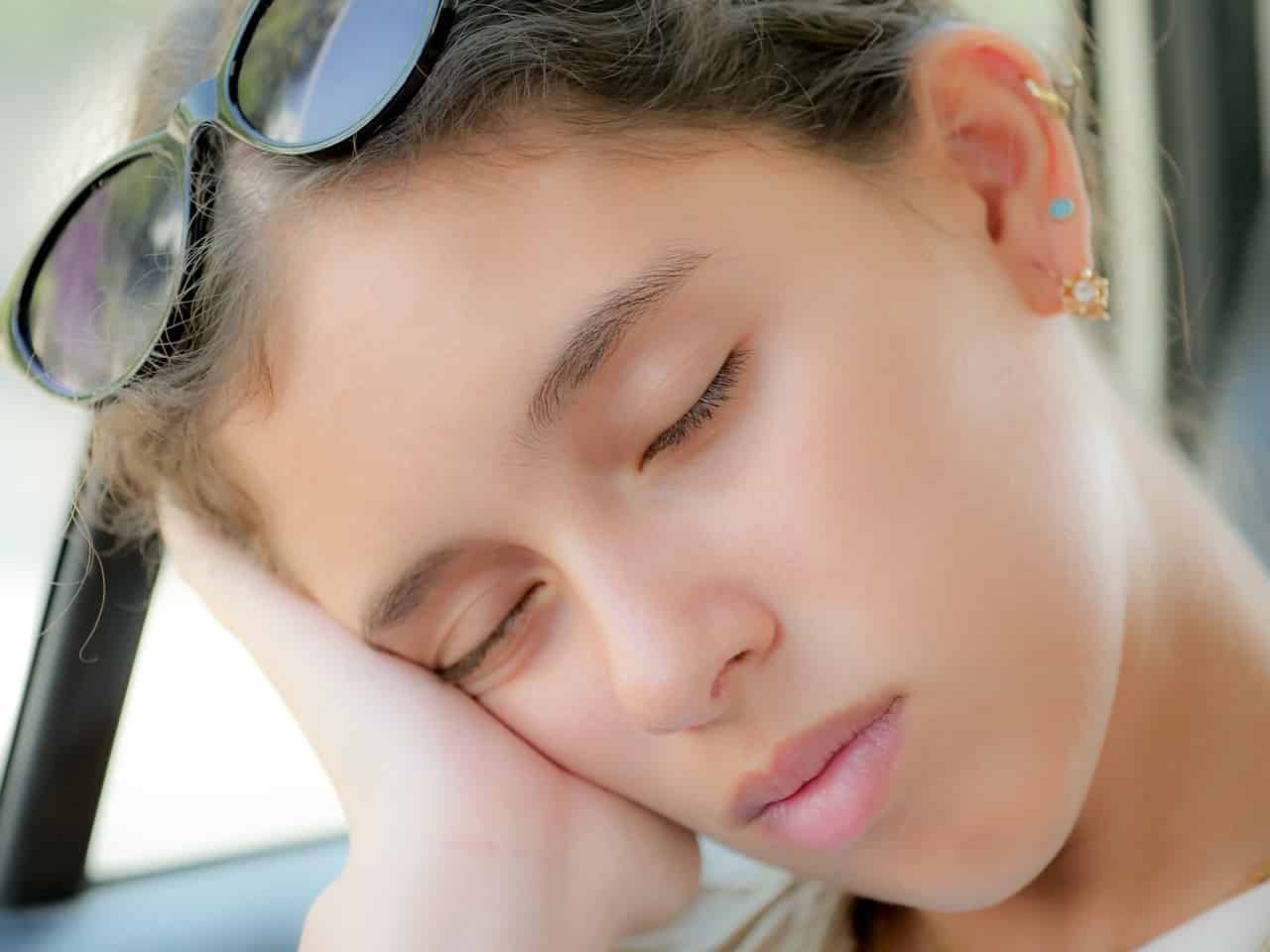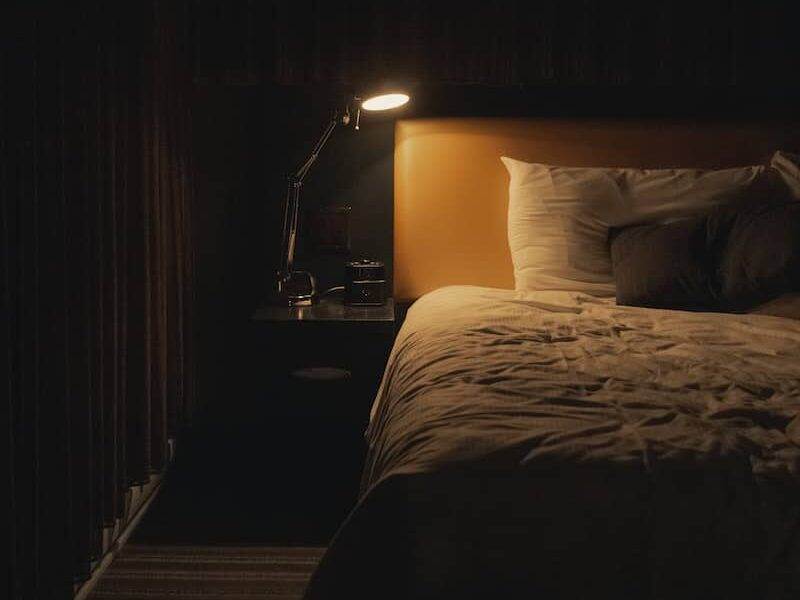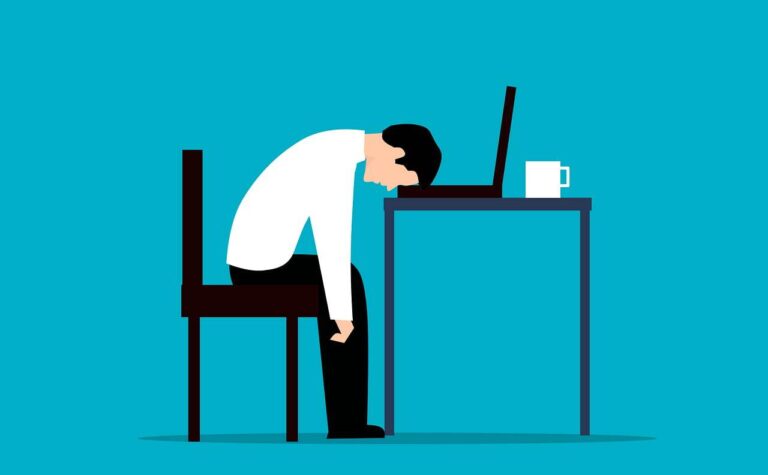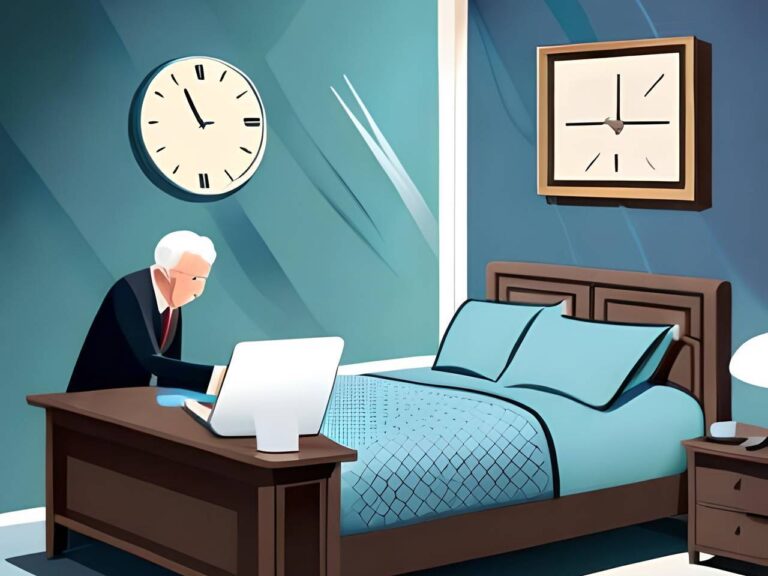Sleep plays a vital role in our health, but many teens are sleep deprived due to their busy lives with school, friends, and hobbies. As a result, teen sleep is a global problem, and here are 10 healthy sleep habits you can follow to improve your sleep.
Improve Your Sleep Quality with These 10 Tips for Teens
Wise Life Hub
Table of Contents
1. Maintain a sleep routine
Maintaining sleep habits is crucial to solving sleep problems. Keeping sleep times consistent and adjusting activities before bed to establish a sleep rhythm is recommended. By maintaining sleep habits, teens can experience more restful and reliable sleep.
A study published in the Journal of Sleep Research found that having a consistent bedtime and wake-up time can significantly improve sleep quality and reduce sleep problems.
But it’s also possible to develop an unhealthy preoccupation with this aspect of your life and suffer from worry or stress if you vary too much from your normal.
2. Limit screen time
Light exposure from screens, such as cell phones and tablets, interferes with the release of sleep hormones and reduces sleep quality, so it’s a good idea to limit screen time and adjust screen brightness an hour before bedtime. By reducing screen time, teens can get more quality sleep.
- Establish a regular bedtime and observe it religiously, even on the weekends. This will aid in establishing a healthy sleep routine and cutting down on screen time before bed.
- Avoid the temptation to check your phone or other gadgets by turning off alerts at least an hour before bedtime.
- Make a habit of winding down each night in the same way, whether it’s with a book, some music, or some quiet meditation.
- Employ a blue light filter; most modern electronic gadgets come with a blue light filter or a night mode that lowers the screen’s blue light output. In doing so, you can lessen the negative effects of screen time on your ability to get a good night’s rest.
- Avoid using electronics in bed, especially in the hours leading up to sleep. This will make it easier to wind down for the night and resist the lure of electronic devices.
- Minimize the amount of time you spend in front of a screen during the day by taking breaks and doing active things.
- Get out of the habit of always staring at a computer by engaging in other pursuits, such as socializing with loved ones, pursuing personal interests, or giving back to the community.
This might be challenging for some people, especially if they rely on their devices for work or other crucial activities. Withdrawal symptoms, including irritation, restlessness, and difficulties concentrating, have been linked to abrupt and significant decreases in screen usage.
3. Regular Exercise Habits
Regular exercise is very effective in solving sleep problems for teens. However, it is recommended that teens refrain from exercising immediately after sleeping. It is recommended that teens finish exercising at least two hours before sleeping and give their bodies a good rest. Maintaining a regular exercise routine will help teens maintain healthy stamina and energy.
A study published in the Journal of Clinical Sleep Medicine found that regular physical activity can improve sleep quality and reduce sleep problems, especially when done in the afternoon or early evening.
But it’s vital to start out softly and gradually increase the intensity to prevent damage. When people exercise too close to bedtime, they risk developing exercise-induced insomnia.
The relationship between exercise and sleep.

4. Watch what you eat
Eating a heavy meal or high-carbohydrate foods right before sleep is likely to lead to poor sleep quality. Therefore, it is recommended that teens refrain from eating heavy meals and eat light foods at least three hours before sleep. Maintaining healthy food habits will help teens get a healthy night’s sleep.
Some people may still have trouble falling asleep or suffer hunger pains if they try to do so. Some people also have trouble saying no to carbohydrate- or sugar-rich items right before bed, which can have an adverse effect on how well they sleep.
5. Control the humidity and temperature
Maintaining the right humidity and temperature can create a good sleep environment. It is recommended to maintain an appropriate temperature of 18-21 degrees and an appropriate humidity of 40-60%. By maintaining a comfortable sleeping environment, teens will experience more restful and relaxing sleep.
But this might be challenging for some people. Overexposure to either air conditioning or heating can cause dry skin and other health problems.
6. Reduce brain activity before sleep
It is recommended to reduce brain activity before going to sleep. It is recommended to read a book, meditate, do yoga, etc. to relax and get into the right state for sleep. By reducing brain activity before sleep, teens will have a better quality of sleep.
But some people, especially those who are under a great deal of stress or worry, may find it difficult to wind down and relax in the hours leading up to sleep.

7. Take a bath before sleep
Taking a bath before bed can help lower your body temperature and get you in the right frame of mind for sleep, and using scented bath products can help you sleep better. By taking a bath before bed, teens can experience a more restful and relaxing sleep.
But some people may not have access to a bathtub or the time to take a bath before bed, despite the fact that doing so has been shown to have positive effects on sleep quality and overall well-being.
8. Stretch before bed
Stretching has a relaxing effect on the body. Stretching before bed can help relax the body and mind, which can improve the quality of sleep. These sleep habits can help teens get a better quality of sleep.
Even while stretching before bed might enhance sleep quality, some people may feel muscular pain or discomfort if they stretch too forcefully or incorrectly.
9. Rest in bed before sleeping
Resting in bed before going to sleep is recommended to minimize brain activity from watching TV, using smartphones, etc. in the bedroom, and to rest in a comfortable bed. By resting in bed before going to sleep, teens can experience more restful and reliable sleep.
While it’s true that winding down in bed may help quiet the mind and relax the body in preparation for sleep, some individuals may have a hard time saying no to their electronic gadgets when they go into bed.
10. Manage stress before sleep
Stress is one of the major factors contributing to poor sleep quality. It’s important to manage stress before bed, which can be done through meditation, yoga, listening to music, and more. By these sleep habits, teens can get better quality sleep.
But this can be challenging for some people, and they may benefit from seeking the guidance of a mental health professional or other resources.
Conclusion
Sleep plays a very important role in maintaining a healthy lifestyle. Teens face sleep problems in their busy lives and it is recommended that they follow the above teen sleep habits. Regular sleep habits, limiting screen time, regular exercise habits, watching what they eat, maintaining proper humidity and temperature, reducing brain activity before sleep, taking a bath before sleep, stretching before sleep, resting in bed before sleep, and managing stress before sleep can help maintain healthy sleep. By following these sleep habits, teens can lead healthier, happier lives.

FAQs
Q. What is the 10 3 2 1 0 sleep rule?
The 10-3-2-1-0 sleep rule is a sleep hygiene recommendation that highlights the necessity of establishing a sleep-friendly atmosphere and avoiding electronics before night. The rule consists of the five phases listed below:
10 hours before bedtime: No caffeine, since it might interfere with sleep.
3 hours before bedtime: No food or alcohol, since it can make it hard to fall asleep.
2 hours before bedtime: No work. Avoid answering emails, checking your phone, and other work-related tasks that keep your mind active and prevent you from winding down. Relax to fall asleep when the time comes.
1 hour before bedtime: No screens. Turn off all screens, including phones, laptops, and TVs. The blue light from these screens can prevent the body from producing melatonin, making it difficult to fall or stay asleep.
0: no snooze button. You won’t experience any of the deep sleep in between snoozes. Try to fight the urge to hit snooze and get out to start your day instead.
Q. How much sleep do teens need?
Teens typically need around 8-10 hours of sleep per night to function at their best. However, individual sleep needs can vary, and some teens may require more or less sleep depending on their individual needs.
Q. How does screen time affect sleep quality?
Exposure to light from electronic screens, such as smartphones, tablets, and TVs, can interfere with the release of sleep hormones, making it more difficult to fall asleep and stay asleep. Limiting screen time before bedtime and reducing screen brightness can help improve sleep quality.
Q. Why is diet important for sleep quality?
Eating a heavy meal or consuming high-carbohydrate foods before bedtime can interfere with sleep quality. Eating a light meal and avoiding caffeine and alcohol can help improve sleep quality.
Q. What is a sleep-friendly environment?
A sleep-friendly environment is one that is comfortable, cool, and dark. A comfortable mattress, pillows, and bedding, along with blackout curtains or an eye mask can help create a sleep-friendly environment.
Q. How can I manage stress before sleep?
Managing stress before sleep can be done through relaxation techniques such as deep breathing, progressive muscle relaxation, or visualization. These techniques can help reduce stress and prepare the mind and body for sleep.
Q. What if I have tried all these tips and still have trouble sleeping?
If you have tried all these tips and are still experiencing sleep problems, it may be helpful to talk to your doctor or a sleep specialist. They can help identify underlying issues and provide additional treatment options.
Q. Are sleep aids safe to use?
Sleep aids can have side effects and should only be used under the guidance of a healthcare professional. It’s important to talk to your doctor about any potential risks and to use sleep aids as directed.



